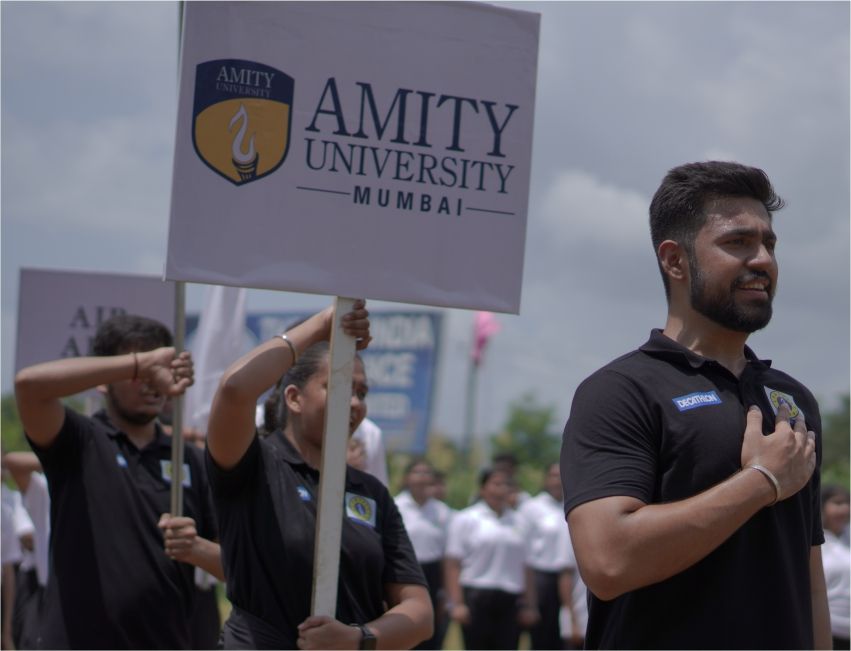Youth Corner - NEP 2020: Recommendations for higher education (I)

- Dr. A.K. Sen Gupta
- 08 Mar, 2024
In the last few write ups, NEP recommendations for school education, school teachers and vocational education were discussed. From this article onwards, we are going into the area of higher education and NEP Committee recommendations thereon.
Classically, higher education comprises three segments: “graduation” (after 12th standard), “post-graduation” and “doctoral / special higher education”. The “graduation” and “post-graduation” programs are known as “under-graduate” and “graduate” courses in some other parts of the world. This semantic aspect is important as otherwise, students may get confused.
Two issues are important here to understand. First, the output of school education comes to colleges and therefore, no one has much control on the input (student community). Secondly, students on completion of higher education enter the corporate world and therefore, there is a necessity to look at this segment with great criticality.
The main objective of higher education is to create thinking and creative individuals who can make a difference to society at large. Therefore, the primary goal of higher education should aim at “holistic development” of young minds.
Major Structural Recommendations:
To make the system effective, the Committee has made certain specific recommendations as regards “structural aspects” of higher education. One of the main problems of the current higher education system is that it is highly fragmented and lacks a multi-disciplinary approach. Many of them have very few students and therefore, cannot provide the vibrance of a large institution. Quality and empowerment / autonomy are the other critical factors. The Committee recommended only “three types” of higher education providers in India in future:
1. “Research Universities” where there is equal focus on teaching as well as research.
2. “Teaching Universities” where the primary focus is on teaching though there is still substantial thrust on research.
3. “Autonomous Degree Granting Colleges” that will primarily focus on graduate education.
All the three types of institutions mentioned above will be multi-disciplinary in nature and will have good enrolments / size, maybe thousands, to provide vibrance and diversity. The Committee recommends that by 2040, the structure of the higher educational system will be primarily as above. This means that the “single-disciplinary institutions” will either diversify into multi-disciplinary ones or merge or phase out. Further, colleges will be given graded autonomy so that they become “degree granting multi-disciplinary institutions”. Universities must play a special mentoring role to ensure that its affiliated colleges slowly attain the required quality benchmarks and eventually get the needed accreditations to become degree granting colleges.
The Committee has recommended that by 2030, one HEI as above will be set up in or near each district of the country so that access to higher education becomes easy and gross enrolment ratio (GER) for higher education attains 50 per cent (up from around 26 per cent). To achieve this, the Committee has also recommended encouraging higher education degrees through ODL mode subject to strengthening of the accreditation system.
In the final analysis, India will see the emergence of large multi-disciplinary universities (either research or teaching) catering to the graduate, post-graduate, and doctoral students. These universities will also stimulate all types of innovations in the system. Different types of universities as they exist in India today like central / state / deemed to be universities, etc. will cease to exist and all will have the same nomenclature and status. At the parallel level, the country will have autonomous degree granting colleges catering to the graduate education.
Moving Ahead:
These are massive structure changes proposed. Challenges will be many in the path of implementation. We will study other major recommendations in the realm of higher education in subsequent articles.
Dr A K Sen Gupta is the Founder and Convener, Higher Education Forum (HEF). He is former Director of SIES College of Management Studies (SIESCOMS), Navi Mumbai and Bharatiya Vidya Bhavan’s S P Jain Institute of Management & Research (SPJIMR), Mumbai. He may be contacted at aksengupta51@gmail.com or 9821128103.




